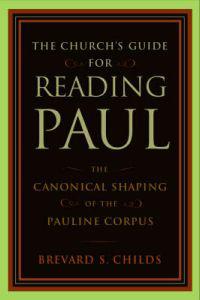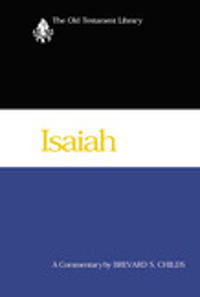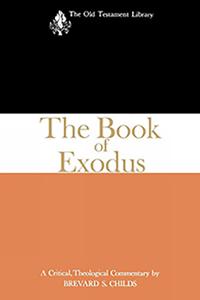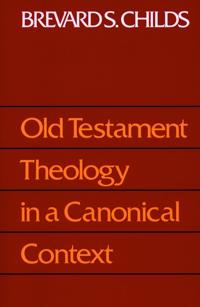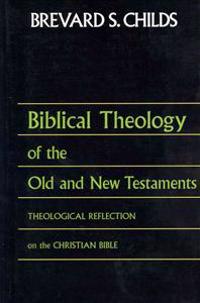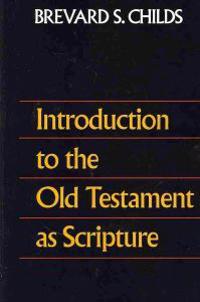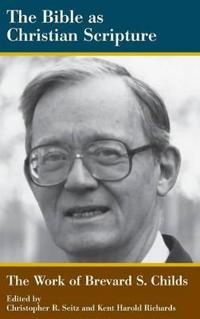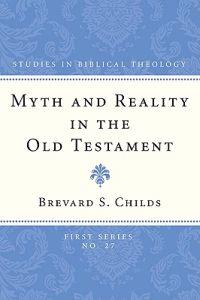The Church's Guide for Reading Paul (Häftad)
avBrevard S. Childs
ISBN: 9780802862785 - UTGIVEN: 2008-11Brevard Childs here turns his sharp scholarly eye to the works of the apostle Paul and makes an unusual argument: the New Testament was canonically shaped, its formation a hermeneutical exercise in which its anonymous apostles and postapostolic editors collected, preserved, and theologically shaped [...]
Isaiah (Inbunden)
avBrevard S. Childs
ISBN: 9780664221430 - UTGIVEN: 200011In this important addition to the Old Testament Library, renowned scholar Brevard Childs writes on the Old Testament's most important theological book. He furnishes a fresh translation from the Hebrew and discusses questions of text, philology, historical background, and literary architecture, and t[...]
The Book of Exodus (Häftad)
avBrevard S. Childs
ISBN: 9780664229689 - UTGIVEN: 197401Taking a pioneering approach to commentary writing, Brevard Childs gives an entirely original treatment to the book of Exodus. Apart from the philological notes and translation, this commentary includes a form-critical section, looking at the growth of the tradition in its previous stages; a conside[...]
Old Testament Theology in a Canonical Context (Pocket)
avBrevard S. Childs
ISBN: 9780800627720 - UTGIVEN: 1989-06Biblical Theology of the Old and New Testaments (Pocket)
avBrevard S. Childs
ISBN: 9780800698324 - UTGIVEN: 201104This monumental work is the first comprehensive biblical theology to appear in many years and is the culmination of Brevard Child's lifelong commitment to constructing a biblical theology that surmounts objections to the discipline raised over the past generation.Childs rejects any approaches that o[...]
Introduction to the Old Testament As Scripture (Pocket)
avBrevard S. Childs
ISBN: 9780800698331 - UTGIVEN: 201012This Introduction attempts to offer a different model for the discipline from that currently represented. It seeks to describe the form and function of the Hebrew Bible in its role as sacred scripture for Israel. It argues the case that the biblical literature has not been correctly understood or in[...]
The Struggle To Understand Isaiah As Christian Scripture (Inbunden)
avBrevard S. Childs
ISBN: 9780802827616 - UTGIVEN: 2004-10A key emphasis of Brevard Childs's distinguished career has been to show not only that the canon of Scripture comprises both Old and New Testaments but also that the concept of "canon" includes the way the Christian church continues to wrestle in every age with the meaning of its sacred texts. In th[...]
The Bible as Christian Scripture: The Work of Brevard S. Childs (Inbunden)
avChristopher R. Seitz, Kent Harold Richards, Christopher R. Seitz
ISBN: 9781589838840 - UTGIVEN: 2013-10Myth and Reality in the Old Testament (Häftad)
avBrevard S. Childs
ISBN: 9781608990351 - UTGIVEN: 200509

